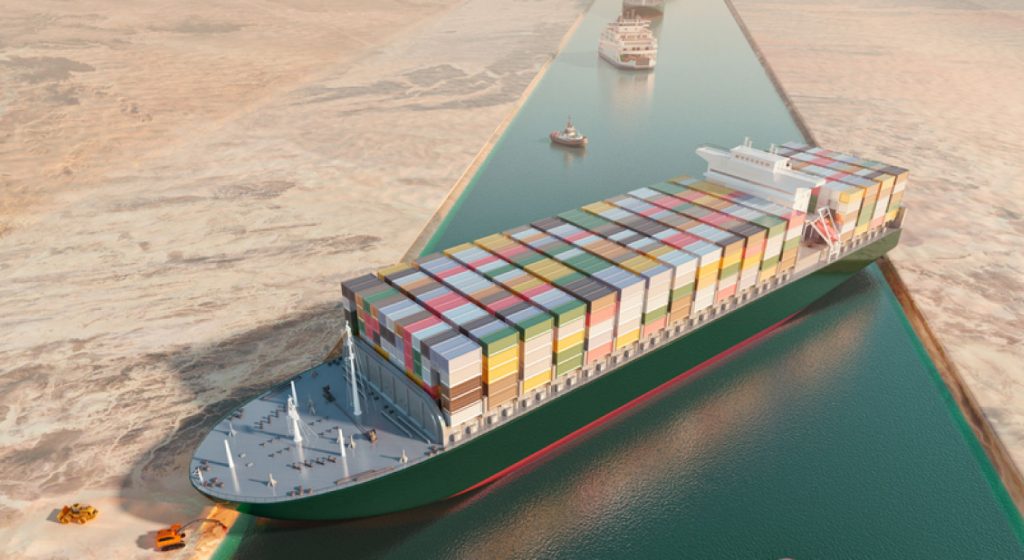General Average is a historic legal concept which goes back to the days when many cargoes were carried on one vessel and the owners of the cargo took collective responsibility for losses which occurred en route.
General Average occurs when one of the interests involved in the voyage (for example the cargo or the vessel itself) is sacrificed for the common good of the rest of the interests. When the ship-owner – or its Captain declares a ‘General Average’. the costs or loss arising out of this event – including the salvage costs – are then shared collectively by all those interested in the voyage, but only in proportion to the value of their cargo on board, for example.
The only way for cargo interests to contest the General Average is to prove the unseaworthiness of the vessel or the willful misconduct of the owner. If they succeed they then have a recovery action against the vessel owners and their P&I insurers.
The settlement of a General Average case can be a lengthy process. It can take years to settle the final claim and the increase in the size of container vessels is ensuring this process is taking longer. Hence if the ship-owner considers the expense to be manageable they typically prefer not to declare it. However, once expected costs look likely to exceed any “General Average” threshold in any insurance policy, it is more likely to be declared.
